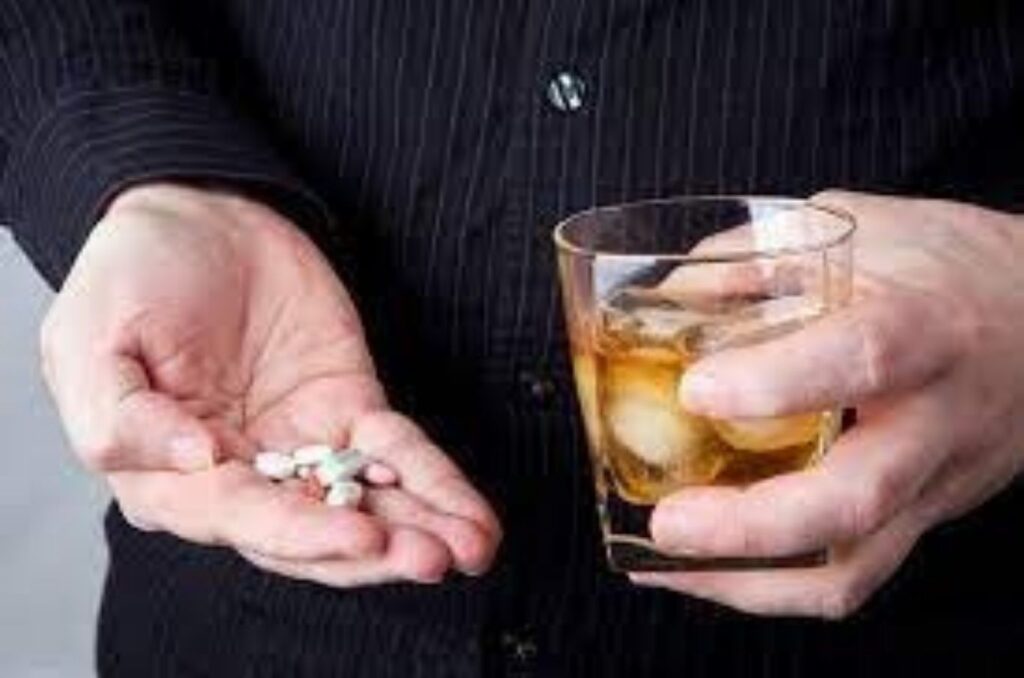Mixing Alcohol with These 8 Medications Can Be Dangerous – It’s Not Just Antibiotics You Should Worry About

Mixing Alcohol with These 8 Medications Can Be Dangerous – It's Not Just Antibiotics You Should Worry About
From painkillers to antidepressants, many medications can cause serious side effects when combined with alcohol—here’s what you need to know.
It is widely known that alcohol should not be mixed with antibiotics, but the danger extends far beyond that category. Several commonly prescribed medications can interact dangerously with alcohol, even when consumed hours apart. Alcohol can reduce the effectiveness of these drugs and intensify their adverse effects, putting patients at risk. Here’s a detailed look at eight major types of medications that must never be consumed with alcohol.
1. Painkillers (Opioids and NSAIDs)
Opioid medications such as codeine, oxycodone, and morphine, when taken with alcohol, can dangerously slow down breathing and may lead to death. Non-steroidal anti-inflammatory drugs (NSAIDs) like ibuprofen and naproxen can increase the risk of stomach bleeding and ulcers when mixed with alcohol.
2. Antidepressants and Anti-Anxiety Medicines
Selective serotonin reuptake inhibitors (SSRIs) and benzodiazepines, including drugs like Zoloft, Prozac, Valium, and Xanax, should not be combined with alcohol. The mixture can result in severe drowsiness, dizziness, and confusion. It may worsen depression and significantly increase the risk of overdose.
3. Antibiotics to Avoid with Alcohol
While many antibiotics don’t interact directly with alcohol, certain types cause particularly strong reactions. These include:
- Metronidazole (Flagyl): Used for bacterial or parasitic infections in the vagina, stomach, liver, or brain.
- Tinidazole (Tindamax): Often prescribed for infections in the vagina and intestines.
- Isoniazid: Commonly used for tuberculosis.
Combining these antibiotics with alcohol can lead to intense side effects such as abdominal cramps, nausea, vomiting, headaches, and rapid heart rate. Alcohol-containing products like cough syrup and mouthwash should also be avoided during the treatment.
If someone consumes alcohol while on these medications, the resulting side effects usually subside within a few hours. However, in the case of severe symptoms, medical attention should be sought immediately.
Liver Impact and Recovery Delay
Alcohol and many medications, including antibiotics, are processed by the liver. Consuming alcohol while on medication can overburden the liver, potentially causing drug-induced liver toxicity. Furthermore, alcohol can delay recovery by weakening the body’s immune response.
Mixing alcohol with medications especially antibiotics, painkillers, and psychiatric drugs can lead to harmful and sometimes life-threatening effects. Always read your medication labels and consult your doctor or pharmacist before consuming alcohol during treatment.












